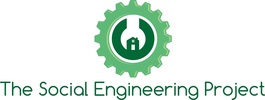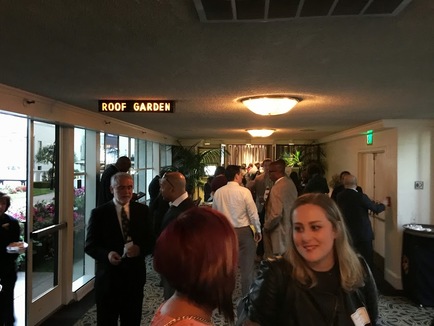By: Kevin L. Nichols
[October 31, 2016] OAKLAND, Ca. Since the extinction of Affirmative Action, Black and Brown students now rely on tech companies to diversify themselves either for business reasons or for overall goodwill. The “diversification” process often looks like sending recruiters to (or recruiting from online) top tier Ivy League or prestigious predominately White colleges and universities such as Harvard, Yale, Stanford, MIT, or Berkeley to seek out diverse talent. Lately, since many tech companies have produced their dismal diversity numbers, they have started recruiting at the top tier Historically Black Colleges and Universities (“HBCUs”) such as Morehouse, Spellman, and Howard, but it usually ends there. Attending these schools allow those students not only access to the best instruction and resources, but they also have an irreplaceable intangible advantage that cannot be denied, access to an impeccable network of classmates, alums, and connections. What happens to the Black and Brown students at non-top tired colleges and universities that want to work in the tech industry?
Not only do they have to bust their butts to get the best grades that they can and develop a strong support system to help them stay in school, but they also must master the art of networking. Networking is an essential skill that is rarely, if ever, taught to Black and Brown students. Many people take networking for granted as if students will develop this skill through telepathy or osmosis. This is not the case. Networking stems from self-confidence, security, and an extroverted comfortability that many of our students do not possess, especially in subject matters such as science, technology, engineering, and math (“STEM”). Therefore, we must focus on developing these skills in a concerted way. This is one reason why The Social Engineering Project, Inc. (“TSEP”) is so important.
Although there is a greater emphasis on technology and encouraging Black and Brown students to learn coding, the other letters in STEM often get neglected, i.e. science, engineering, and math. TSEP focuses on science, mathematics, engineering, physics, chemistry, and writing as the underlying fabric of students’ education. We reinforce this knowledge that they should already be receiving in their current schools. What they will not get in regular school is how to develop the confidence they need to meet new people, tactics and training on how to connect with people in a professional manner, how to follow-up after meeting people, how to develop their personal and professional brand, and how to actively do their part in the networking continuum.
Often you might hear the phrase, “Your network is your net worth”. It could not be more true than today. In the startup world, you cannot even speak to investors or venture capitalists without mutual connections and introductions, thus Black and Brown entrepreneurs are at a disadvantage from the outset. Thus, we need to teach our young people the intangible skills of networking, in addition to being excellent students, so that they may be successful in the tech industry. Please support The Social Engineering Project, Inc. as we instill this knowledge in our youth!
Kevin L. Nichols is an entrepreneur, a legal technology, diversity, social media, and political consultant who resides in the Bay Area. He is a passionate community organizer and activist. Kevin is affectionately known as The Social Politician™ and The Social Engineer™ who is engineering a better life for the next generation, socially. For more information, please visit http://bit.ly/KLNport.


 RSS Feed
RSS Feed